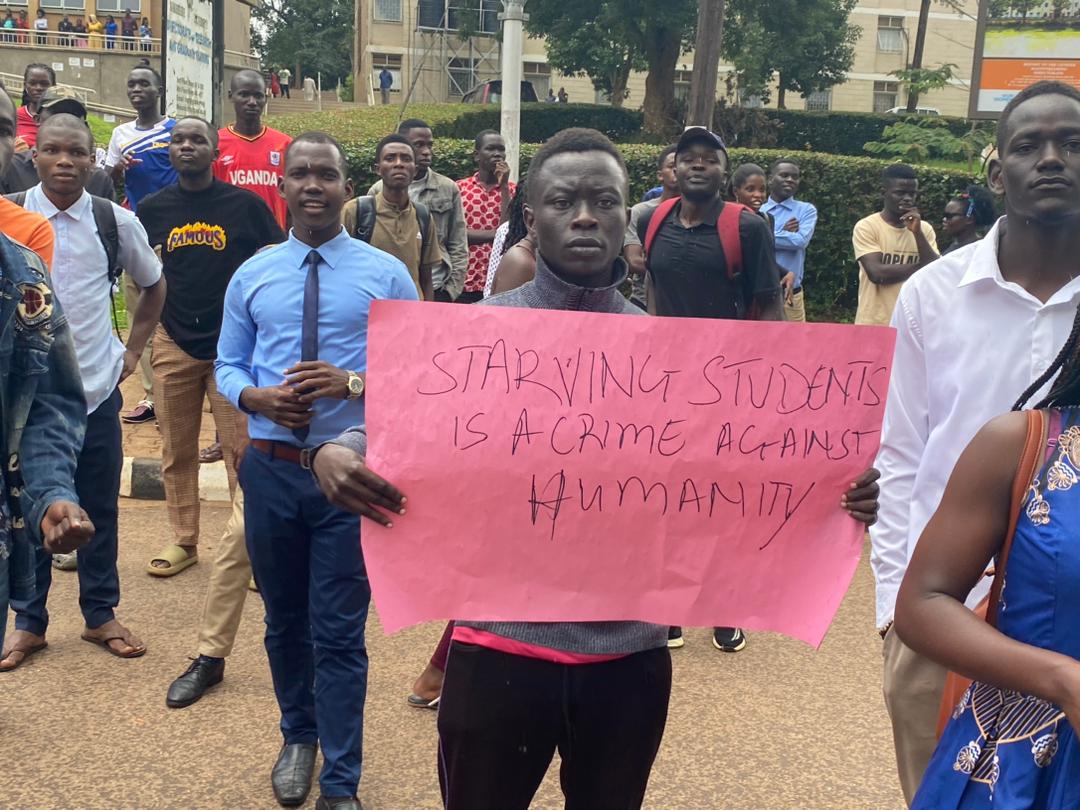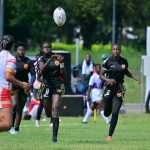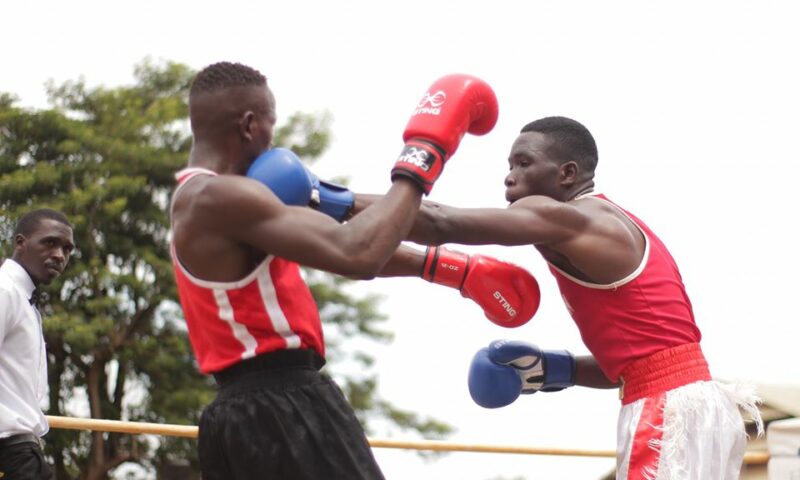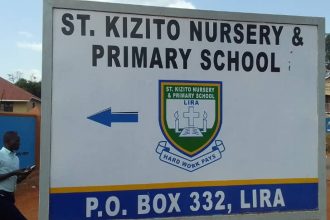(Kampala) – Makerere University is facing a wave of criticism after three students were reportedly suspended for confronting Vice Chancellor Prof. Barnabas Nawangwe about the issue of student hunger on campus. Pastor Martin Ssempa, a vocal advocate for students’ rights, condemned the suspensions, stating that the university’s response reflects a misuse of administrative authority. He expressed concerns about the Vice Chancellor’s approach to the situation, arguing that suspensions are an ineffective solution to a deep-rooted welfare issue affecting students.
According to Ssempa, the suspension of the students, who openly voiced their struggles with hunger, highlights a serious humanitarian crisis at Makerere, Uganda’s premier university. He argued that the administration should have instead taken this opportunity to engage students and stakeholders in finding practical solutions to the problem.
Table: Key Issues Raised in Makerere University Hunger Crisis
Issue
Description
Student Hunger
Widespread food insecurity among students
Administrative Response
Suspension of students for raising concerns
Advocates’ Response
Calls for stakeholder engagement, immediate intervention
Suggested Solutions
Collaboration with alumni, legal experts, and faith leaders
In an interview, Ssempa stated, “You don’t solve a hunger and starvation crisis by arrests and dismissals. Real leadership would mean gathering all stakeholders to work on viable solutions.” While in Brussels, Ssempa outlined seven steps he believes could be implemented to address hunger issues immediately, though these suggestions have not been publicly acknowledged by university officials.
Dr. Ssempa, alongside alumni and parents, has pledged support for the affected students. He emphasized that no young person should face the pressure to “sell their bodies for food or housing,” a reality he fears could arise from policies he describes as “brutal.” He linked the issue to a 34-year-old World Bank-influenced policy that encourages universities to operate as profit-making entities, limiting access to education for students from underprivileged backgrounds.
The Foundation for Human Rights Initiative, represented by Dr. Livingstone Sewanyana, voiced similar concerns, calling the students’ suspension a violation of their fundamental rights to food, shelter, and education. Ssempa, urging broader community support, called on former guild presidents, legal professionals, and faith leaders to unite in helping address Makerere’s hunger crisis. He plans to hold a virtual discussion on the topic, inviting students and the public to share their perspectives and discuss immediate actions.
Ssempa also encouraged the Uganda Law Society and prominent lawyer Isaac Ssemakadde to support the suspended students in seeking justice and reinstatement. His efforts have found support among parents and faith leaders who are now rallying to provide the students with food and accommodations, allowing them to complete their exams despite the suspension.
The suspensions come as public interest in student welfare at Makerere increases, with many questioning the university’s adherence to the principle that education should be accessible to all.




















